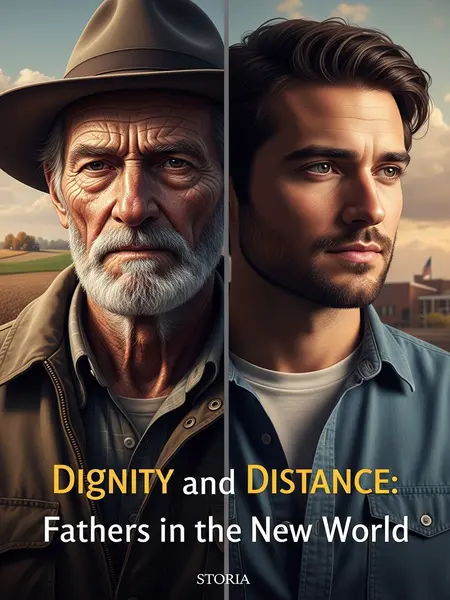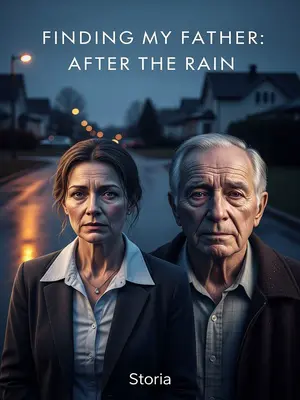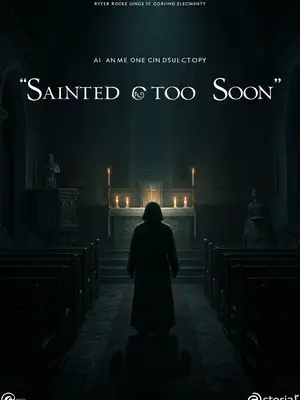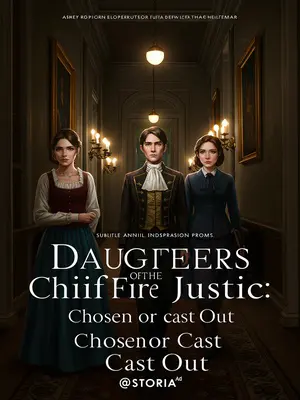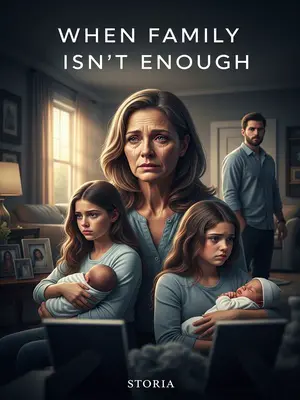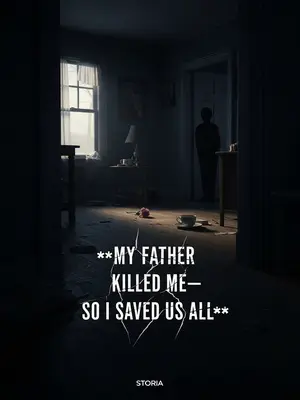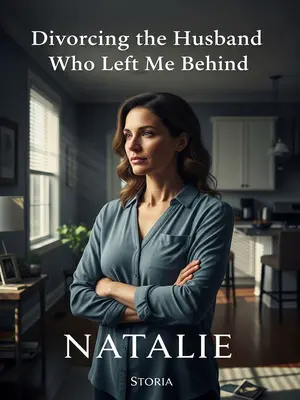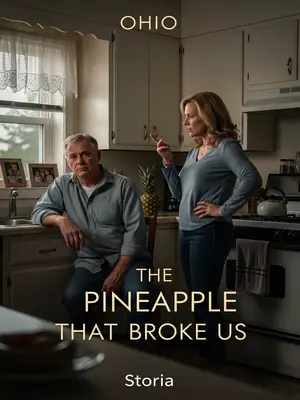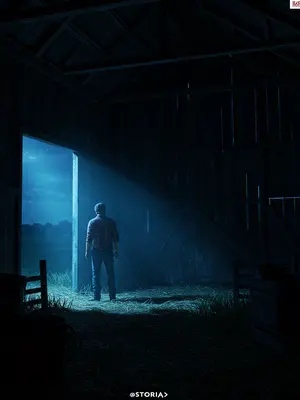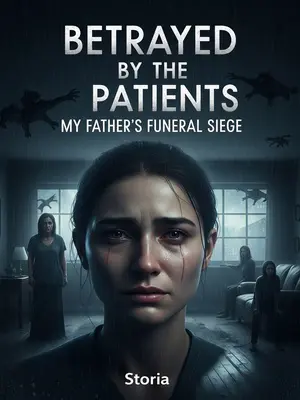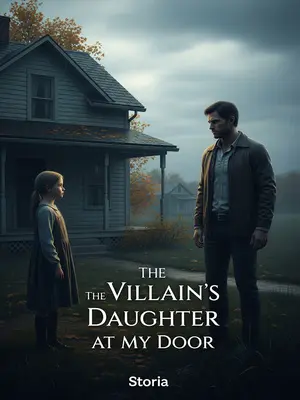Chapter 2: Shadows Over Toledo
Funny thing, that nickname stuck even when I was a kid—my dad’s friends called him Old Hank, and before long, so did everyone else. There’s something about the Midwest that makes nicknames like that feel right, like a badge of honor. It fit him, somehow.
Old Hank grew up in a little town just outside Toledo, Ohio. As a kid, he loved nothing more than beef stew. There was a diner down the street, and every day he’d catch the smell of beef and onions, dreaming about a real bowl of stew. But only on holidays did he get the good stuff—a real feast.
I can picture him pressing his nose up against the frosted glass, the bell jingling every time someone came or went. Back then, a hot meal meant everything, and a bowl of stew was pure luxury. On most days, he’d make do with peanut butter sandwiches or whatever his mom could scrape together. But on holidays, when the stew was ladled out thick and steaming, it felt like the world was suddenly generous.
One winter, late ‘60s, nobody was home. Old Hank clutched the cash his mom had left and tore off to the diner. He grabbed a chipped bowl, stuffed in two pieces of white bread, and ripped them up with dirty fingers. Like magic, the waitress brought back his bowl, now filled with steaming beef stew, a thin layer of fat on top. If you dug around, you’d find potatoes and carrots. Old Hank always dumped in a big spoonful of hot sauce, stirring until every bit of bread was soaked, then wolfing it down, slurping the broth.
You can almost see him there, elbows on the Formica counter, steam fogging up his glasses. The waitress—probably someone who’d watched him grow up—giving him a wink as she slid the bowl over. He takes that first bite, feels the burn of hot sauce, watches the bread soak up every drop. For a moment, nothing else in the world matters.
But Old Hank only ate half that bowl. Then someone shouted at the door: “Hank, your dad just killed himself!” His mind went blank, and he bolted after them.
The world must have spun sideways, the taste of beef stew turning to ash in his mouth. Seventeen years old, heart pounding, he dropped his spoon and ran, the bell clanging behind him as he tore through the street toward home, not knowing what he’d find.
Old Hank’s father—my granddad—had been a grade school principal. During the chaos of the late ‘60s, he was labeled a troublemaker by the local board and tossed out of his job. His face was pressed into the mud by the sheriff’s deputies; when he looked up, his eyelashes and nostrils caked with dirt, his eyes red and wild. That was the last time Old Hank saw his father.
That image—his father’s face streaked with mud and blood, eyes wild with something like fear and rage—must have haunted Old Hank for years. Small towns remember everything, and rumors stick like burrs. My granddad’s fall from grace was public and humiliating—the kind of thing people whispered about for years.
When Old Hank rushed from the diner to the barn out back, his father was already gone. People said he’d used a sickle on himself. The blood poured out, and those who tried to help could only wrap his arm with towels, but it was too late—they watched him die, slow and helpless.
No ambulance in time. No miracle. Just a crowd standing there, the barn doors swinging open to the cold, and that gut-punch realization that nothing would ever be the same. The smell of hay and iron. The hush that falls when tragedy settles in.
All Old Hank saw was just a dark red stain in the mud.
That’s the kind of thing that never leaves you. I imagine he stood there for a long time, shoes sinking into the mud, staring at that stain as if it might explain something.
It didn’t.
That year, Old Hank was seventeen. Later, I figured his father’s death left a hole in Old Hank’s heart—a place where all the strong emotions and desires just disappeared. Since I can remember, Old Hank was silent and stern, as if saying one more word would be wrong.
Looking back, I see it everywhere: in the way he never raised his voice, the way he’d go quiet when things got hard, the way he’d fix something broken rather than talk about what hurt. There was a weight to him, a hush, like he’d learned that words couldn’t save you when it really mattered.
The dead are gone, but the living have to keep moving.
That’s the lesson he learned early, and he lived by it. No matter what, you kept putting one foot in front of the other. You didn’t let the pain stop you. You just kept going, even when you had no idea where the road would lead.
Six years later, his father had been cleared of wrongdoing, and Old Hank, who’d lost his dad, became a tall, silent young man. Every day he wore the same white undershirt and faded army-green pants, walking back and forth in the same alley, but never stopping to talk to anyone.
He became a fixture in the neighborhood—tall, thin, almost ghostly in his sameness. Neighbors would nod, but he rarely nodded back. He moved like a shadow, drifting through a life that never really felt like his. Sometimes I wonder if he felt invisible, or if that was just how he survived.
Later, Old Hank was recruited to work in Detroit, as a machinist at a Ford plant.
That was the ticket out—the kind of opportunity that, back then, could change a family’s whole story. The Ford plant was a lifeline, a place where hard work still meant something, where a man could earn his keep and maybe, just maybe, build something better.
Old Hank could finally leave that bottomless alley. The comfort zone of the past had long since become a cage of twisted repression.
He must have felt the world opening up, even if it was just a crack. The alley that once felt safe now felt suffocating. Detroit wasn’t paradise, but it was a chance to start over, to outrun the shadows of home.
He walked out of the familiar alley, glanced back at the old barn, took a deep breath, turned toward the bus station, and never looked back.
